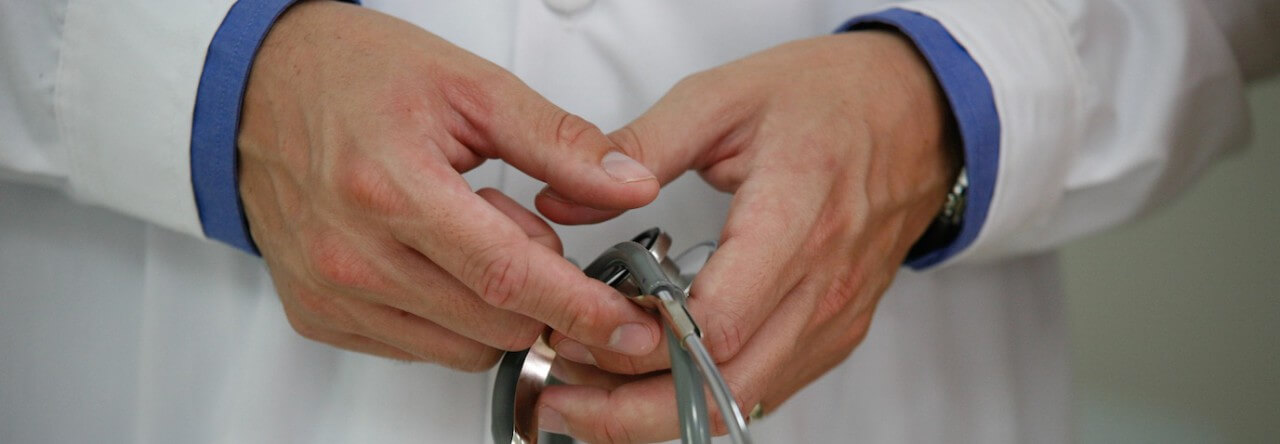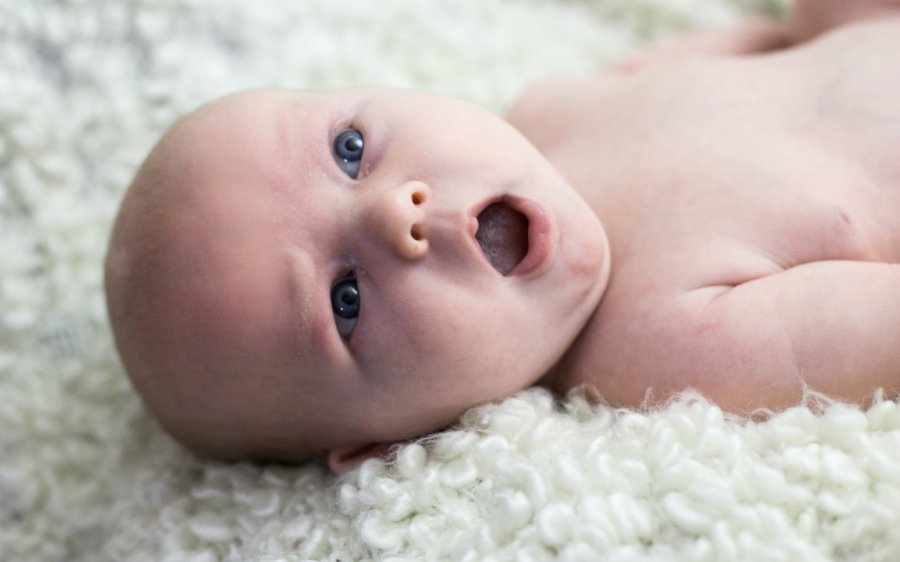New parents may be alarmed when their newborn has trouble breathing. Babies often breathe irregularly in the hours following their birth and in the first few days of life. Here is a brief overview of irregular breathing in newborns — and what warrants a visit to the pediatrician.
Normal Breathing in Newborns
Newborns typically breathe through their nose rather than their mouth and have smaller breathing pathways. These smaller pathways mean babies can’t take in as much as oxygen and breathe more rapidly. Babies usually take between 30 and 60 breaths per minute while they are awake and 20 breaths per minute during sleep. In comparison, an adult breathes between 12 and 20 times per minute.
It is normal for a baby to take several rapid breaths and then pause for several seconds. This is especially true in the newborn days when the respiration system is still developing. Most breathing irregularities typically resolve within the first few months of life.
Breathing Problems in Babies
Becoming familiar with a baby’s normal breathing pattern can make it easier for parents to distinguish any problems that occur. Some of these problems may include:
Barking cough and/or hoarse cries
Croup often hits in the middle of the night and terrifies parents. It is marked by a barking, seal-like cough, hoarse cries, breathing difficulties and/or a fever.
Whistling noises
Whistling sounds are often due to blockages in the nostrils. Babies breathe through their nostrils rather than their mouths. Any blockage in the nostrils due to allergies or a cold can make breathing difficult.
Wheezing
Wheezing can be a sign of a more serious condition in babies. When the airways become constricted due to asthma, pneumonia or respiratory syncytial virus (RSV), the baby isn’t able to draw enough oxygen during each breath.
Fast-paced Breathing
Fast-paced breathing is often accompanied by an elevated heart rate. Fluid in the airway from pneumonia or another infection could be the cause.
When to See a Doctor
Breathing problems are common during cold and flu season. An estimated 15 to 29 percent of all hospital admissions in babies are due to breathing problems. If parents notice any changes in their child’s breathing, they should notify a doctor immediately. Call 911 or go to the nearest emergency room if:
- the baby stops breathing for more than 20 seconds
- a blue color is noticed in the lips, toenails or fingernails
- the muscles in the neck pull in during breathing
Taking care of a child when their breathing is irregular can be very stressful. Learning to watch for the signs and knowing when to alert the child’s pediatrician can help keep newborns safe and healthy as they grow.


